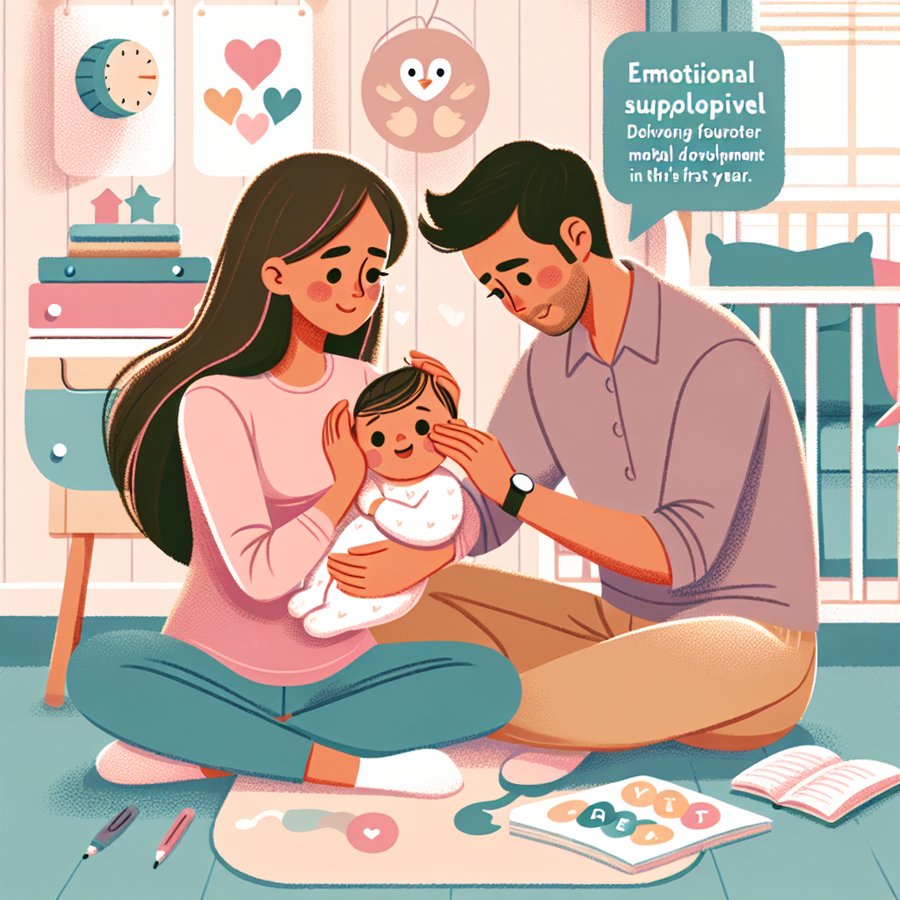How to support emotional development in the first year of your baby’s life is a question that many new parents ponder. Emotional development lays the foundation for future interpersonal skills, resilience, and self-awareness. This guide dives deep into practical strategies and insights to nurture your child’s emotional well-being from the start.
Understanding the Basics of Emotional Development
Emotional development in infants begins from the moment they are born. Babies communicate emotions such as contentment, discomfort, fear, and excitement through their cries, facial expressions, and body language. As parents, recognizing and responding to these cues is crucial in fostering a sense of security and emotional intelligence in your child.
A foundational component of how to support emotional development in the first year is establishing a strong, secure attachment with your baby. This secure bond serves as the cornerstone for healthy emotional growth, impacting their ability to form relationships, manage emotions, and explore their environment confidently. Building a secure attachment with your newborn offers more insights into this critical aspect.
How to Support Emotional Development in the First Year
Supporting emotional development during the first year involves a multifaceted approach. It starts with being attuned to your baby’s needs and responding with consistency and warmth. This not only makes them feel loved and safe but also teaches them to trust their caregivers and their environment.
Another key strategy is to engage in activities that promote healthy emotional growth. From the soothing rhythms of integrating music into your baby’s daily routine to the tactile discoveries in sensory play, these experiences enrich your baby’s emotional landscape. Furthermore, reading to your child from an early age fosters a sense of intimacy and can be a profound tool for emotional connection. Building a reading routine elaborates on the emotional benefits of shared reading sessions.
Cultivating Emotional Intelligence through Play
Play is a powerful vehicle for emotional development. Through play, babies and toddlers express their feelings, experiment with different roles, and navigate social interactions. Offering a variety of play activities tailored to your child’s developmental stage encourages emotional expression in a safe, supportive environment.
For example, engaging in independent play encourages self-reliance and problem-solving, while interactive games like peek-a-boo and gentle tickling stimulate joy and social bonding. Additionally, playdates offer a unique opportunity for social emotional development, teaching babies about empathy, sharing, and the dynamics of friendships. Maximizing the developmental benefits of playdates provides insights into orchestrating successful social play experiences.
In conclusion, how to support emotional development in the first year encompasses a blend of responsive parenting, enriched activity engagement, and fostering secure attachments. By understanding and applying these principles, parents can lay a robust foundation for their child’s emotional well-being, paving the way for a resilient, empathetic, and emotionally intelligent future.
For further reading on enhancing your baby’s development across various domains, visit our internal link library where you’ll find a wealth of resources tailored to your parenting journey.













